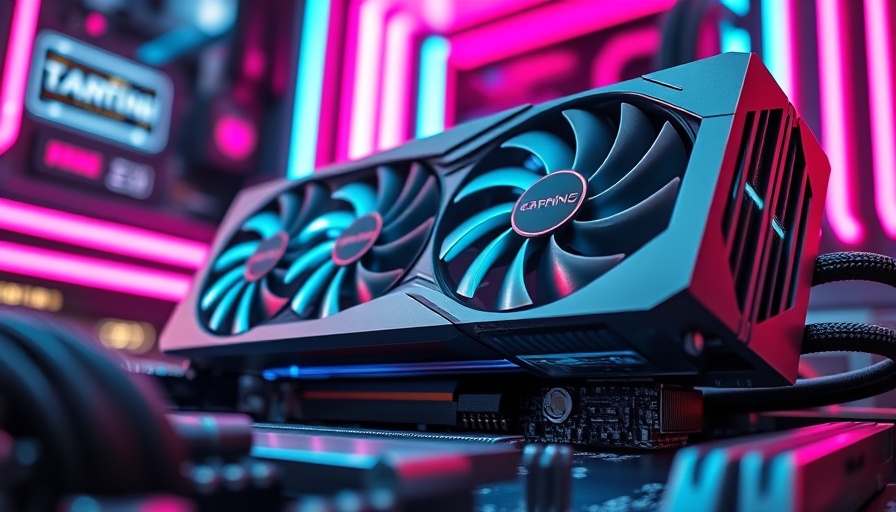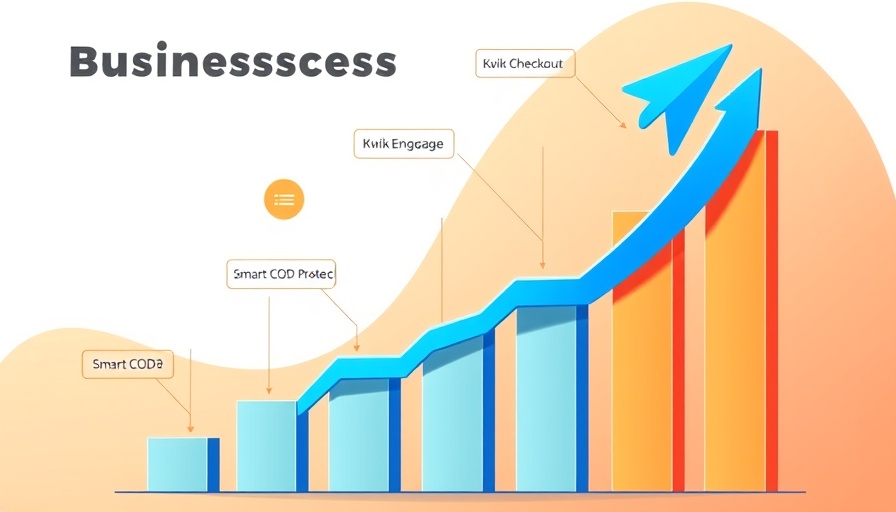
Nigeria’s Retail Investors on the Rise Despite App Challenges
The remarkable growth of everyday investors in Nigeria is capturing attention, as for the first time, they outgrew institutional investors in the first quarter of 2024, marking a significant shift in capital market dynamics. According to a report from product research firm Check, the everyday investor now holds a 1.1% larger share of capital market investments compared to institutions. This surge reflects a growing appetite for wealth creation among the Nigerian population, driven by better financial literacy and enhanced technological access.
Investment Platforms: A Major Roadblock for Retail Investors
However, the growth of retail investment is hindered by substantial usability issues in existing investment platforms. The report indicates that a staggering 80% of these platforms in Nigeria fall below the global standards for user-friendliness. Investors are often greeted with slow, confusing interfaces that fail to inspire confidence. As a result, many new investors are driven towards risky alternatives such as Ponzi schemes and unregulated crypto platforms.
In fact, the toll of such misguided shifts is alarming; over the last two years, Nigerians have lost approximately ₦90 billion to Ponzi schemes, highlighting the dire consequences of inadequate investor education and inefficient digital experiences. The lack of intuitive design and simple user interfaces pushes first-time investors away from reliable platforms, urging them to explore questionable opportunities that promise quick returns.
A Call for Improved Digital Experiences
Lanre Wright, Head of Innovation and Growth at Check, emphasizes that the future leaders of Nigeria’s investment marketplace will be those who design mobile-first experiences that empower investors through speed, simplicity, and comprehensive education. The report stresses the importance of establishing user trust by enhancing the digital structures of these investment platforms.
The Potential of the Investment Market: A Promising Outlook
The retail trading volume in Nigeria has impressively increased from ₦618.79 billion in 2020 to ₦2.31 trillion in 2024, showcasing a year-on-year growth rate of 106.3%. This surge is attributed to macroeconomic improvements, broader mobile access, and a burgeoning interest in financial literacy among the populace. Yet, the challenge remains that under 500,000 Nigerians actively participate in capital markets, despite there being 3 million registered investors.
Comparative Analysis of Popular Platforms
While the capital market struggles to retain its investors, platforms like PiggyVest and various cryptocurrency applications have flourished, boasting user bases of 5 million and 3 million, respectively. This raises concerns about the capital market's ability to compete for the attention of retail investors, especially if it continues to deliver a subpar user experience. Check's usability audit of ten do-it-yourself investment platforms revealed that only two met the global usability benchmark score of 68, illustrating a significant gap that needs to be addressed.
Future Recommendations for Investment Platforms
For Nigeria's capital market to thrive and be more accessible to everyday investors, investment platforms must prioritize building seamless user experiences. Solutions such as enhancing navigation, streamlining Know-Your-Customer processes, and incorporating user guidance can greatly improve the way retail investors interact with these platforms. By providing an intuitive and trustworthy environment, these platforms can potentially deter investors from risky ventures and promote responsible investment practices.
As the landscape of Nigeria’s investment market evolves, stakeholders need to act swiftly to address these usability challenges. With adequate strategic improvements, the potential for retail investors to elevate their positions in the market is substantial, leading to more stable financial growth and better asset allocation across the region.
Investors are encouraged to seek reputable platforms that not only provide robust investment opportunities but also prioritize user experience and education. Engaging with emerging tech solutions can bridge the gap between traditional investment avenues and the modern-day demands of tech-savvy users, paving the way for a thriving financial ecosystem.
 Add Row
Add Row  Add
Add 




 Add Row
Add Row  Add
Add 
Write A Comment